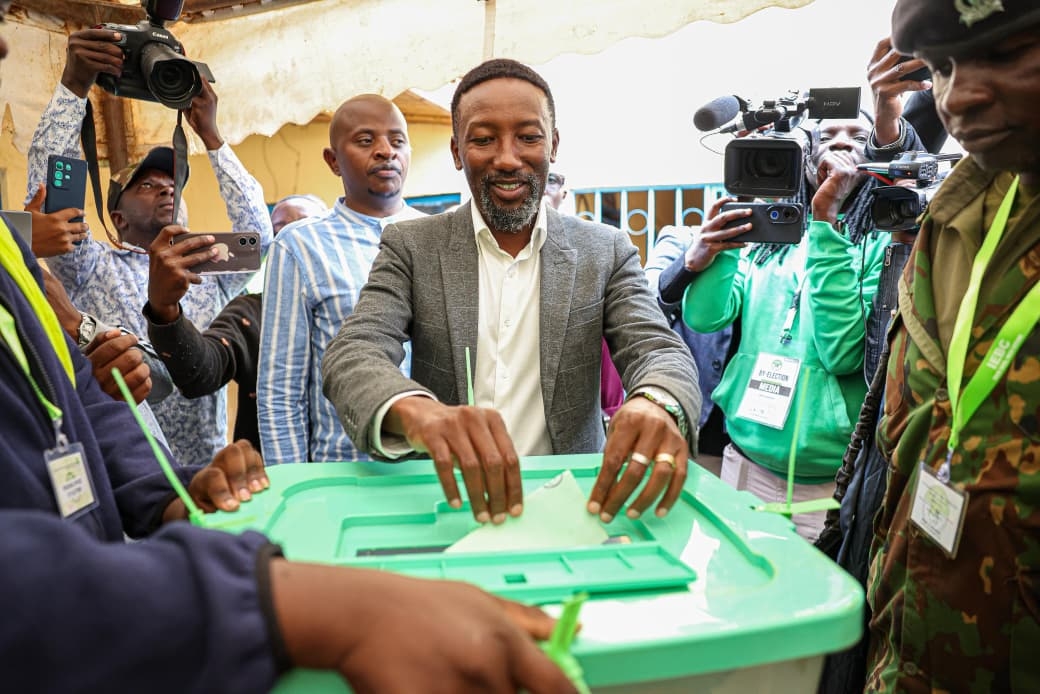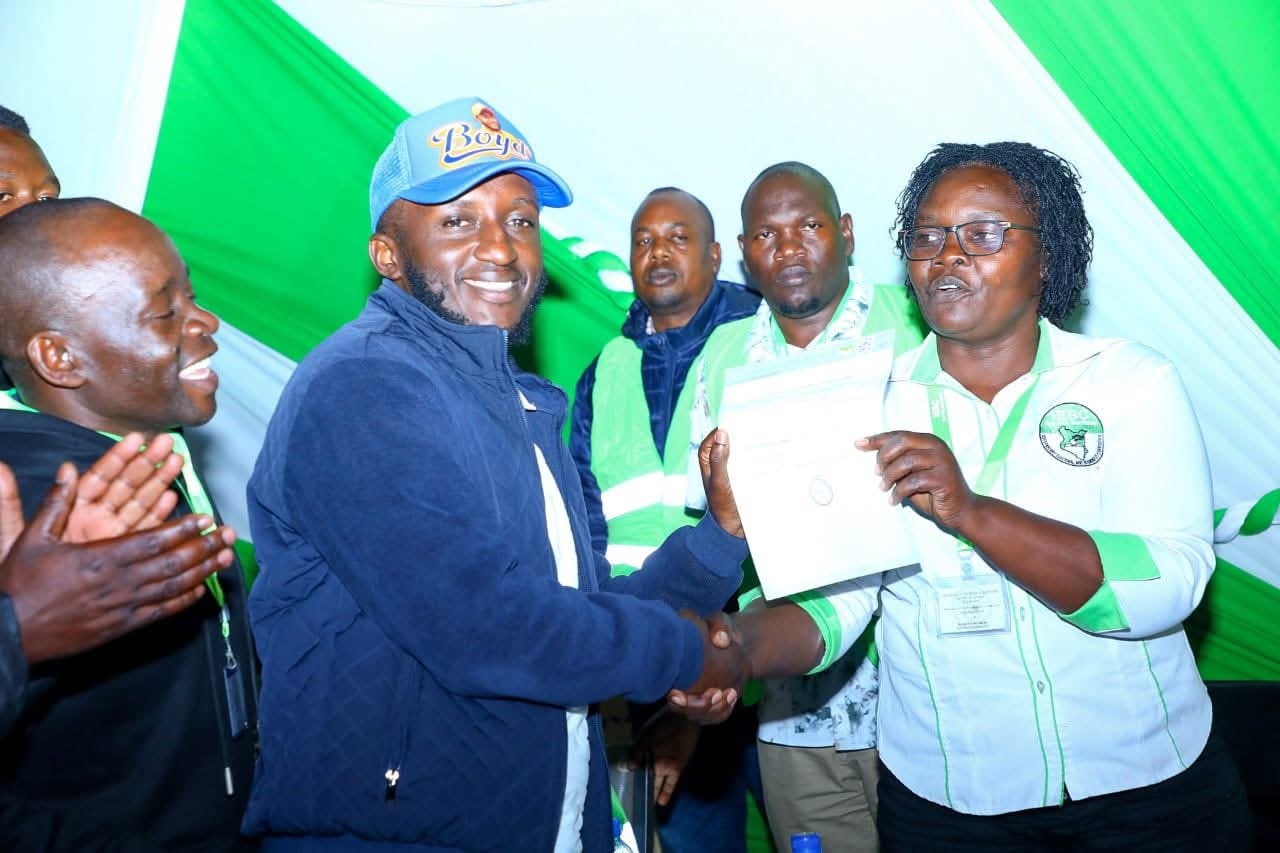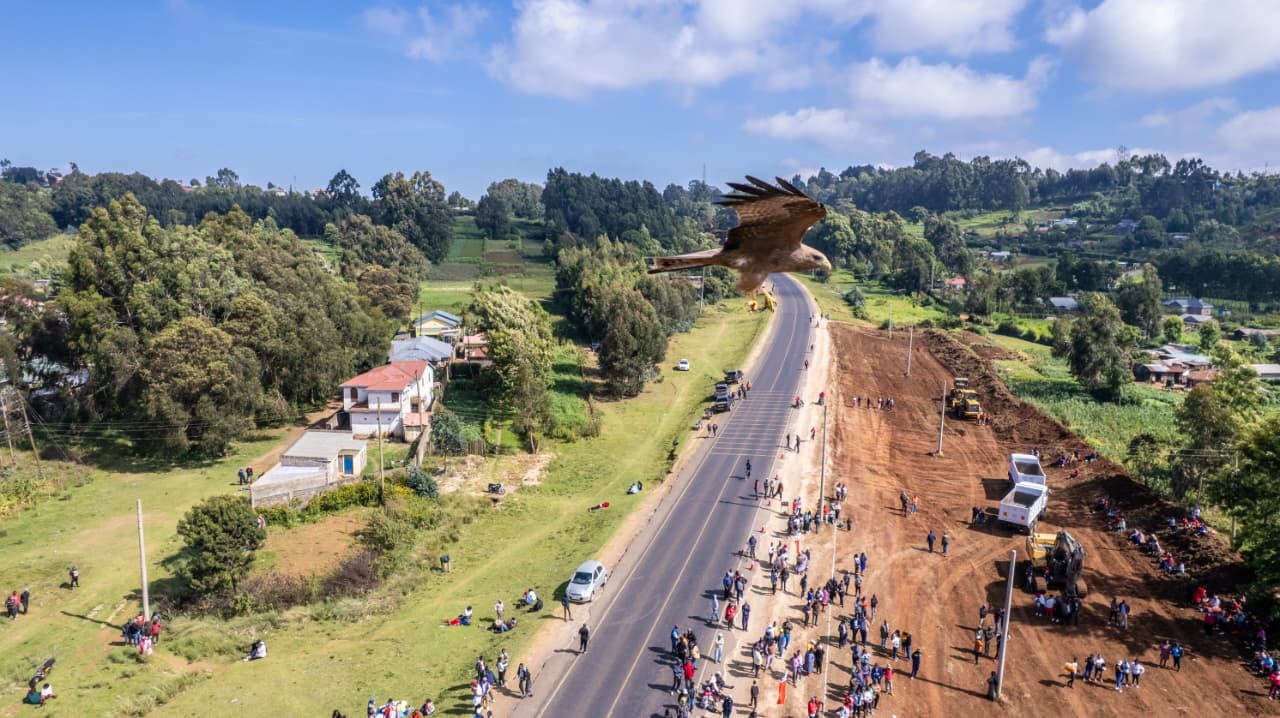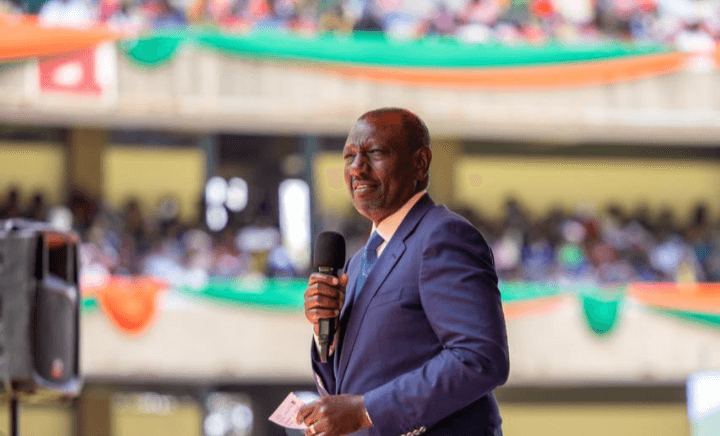Five years ago when she started pig farming all looked well.
Jennifer Koome spent the first two years learning the process that entails pig rearing.
The process includes farrowing (giving birth of a sow) to weaning, growing the pigs and finally processing.
“We have grown with the journey and we are now able to take six-six and a half months old pigs out of the farm," Koome said in a past interview.
"Once you have hacked the process, it is straight forward as the cycles of pig farming are always guaranteed.”
In the first two years, they did not increase the breeding stock because they were still learning the process. But there after they started increasing the animals in batches of 10.
“This is because this will determine how many animals you wean on a weekly basis and we need to have 52 cycles,” Koome said.
She added that in commercial pig farming, feeding the animals with the right nutrition is key in order to have animals out of the farm in a week basis.
However, the high cost of animal feeds being experienced in the country could threaten the existence of the Daiichi Farm Limited, which has created employment to many and changed the environment where they are located.
She said wheat bunt has never gone beyond Sh20, but it is currently at around Sh25 and Sh27, maize germ has always been below Sh25, but it is now at Sh31 per kilo. Same case with sunflower.
“We have had a significant change in the cost of feeding. In pig faring, before we were spending about Sh45 to 55 per cent on feed alone, currently this is has gone up to 65 per cent," she said.
"We are at a loss on how to run and manage the farm.”
Koome said if the high cost is not addressed immediately, the economy will not grow and food security in the country will be affected.
“When were are not being in existence any more, it means the price of food also will shoot up," she added.
"They are many other things that as a company we contribute such as paying of taxes at end of the year and if we close it means the Government will not get that revenue.”
Daiichi Farm Ltd chairman Michael Koome said many countries have implemented the use of genetically modified organisms for animals in order to cushion farmers against high costs of animal feeds.
President Uhuru Kenyatta directed the Ministry of Agriculture during his Mashujaa Day address to ensure the cost of animals feeds is mitigated in the short-term.
“If nothing is not done immediately, many farms and feed mills will close down, and it is going to be a difficult situation to feed our own population,” he said.
Feed manufactures through AKIFEMA had petitioned the government to allow the to bring in GMO soya.
But the government through a gazette notice issued on December 10, 2021 exempted import duty on importation of non-GMO raw materials used in the manufacture of animal and chicken feeds.
(edited by Amol Awuor)















